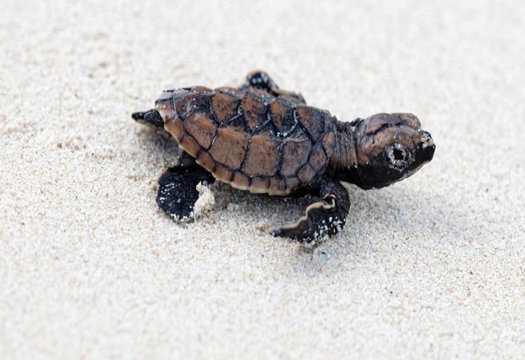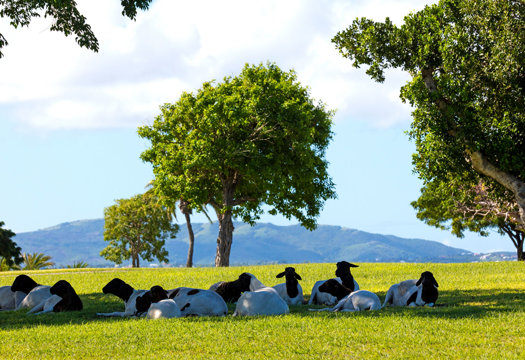The spirit of Jumby Bay
The spirit of Jumby Bay
Today, the island and all its assets belong entirely to a passionately committed group of homeowners who ensure the island continues to remain an undisturbed, secluded hideaway. As a result, Jumby Bay Island is home to one of the richest island ecologies in the world.
In an effort to preserve and showcase its natural beauty, Jumby Bay remains staunchly devoted to its sustainability program, carrying out several initiatives that preserve its environment and indigenous species – the endangered Hawksbill Turtle, the White Egret and the Persian Black-Headed Sheep. Among these initiatives is a recycling program that has made Jumby Bay Island the largest recycler of bottles,cans and golf cart batteries on Antigua. Supplemental efforts are made to reuse all bi-products of island life. Sewage water is purified and stored in a central tank for plant irrigation, while all yard cuttings, including grass, leaves, branches and general foliage are chipped and turned into mulch and compost for landscaping on the island.





